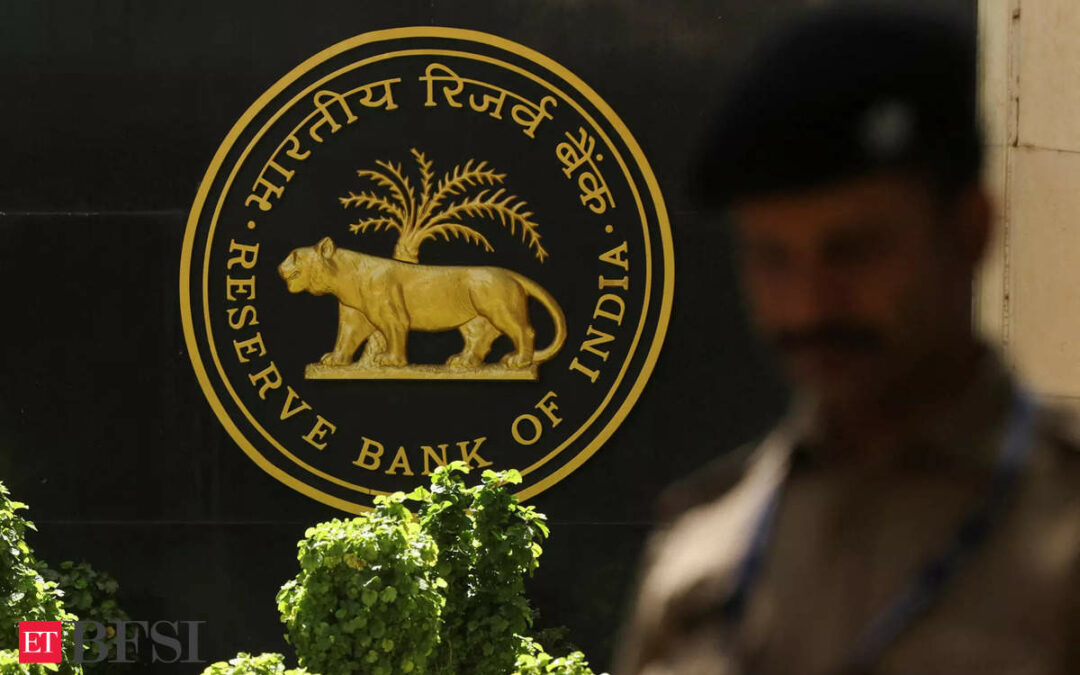Mumbai: The states, which revert to the Old Pension Scheme (OPS) could face “unsustainable” fiscal stress, says an article in the Reserve Bank of India’s September bulletin. “Results indicate that the cumulative fiscal burden in case of OPS could be as high as 4.5 times that of NPS (National Pension Scheme), with the additional burden reaching 0.9% of GDP annually by 2060,” wrote Rachit Solanki, Somnath Sharma, RK Sinha, Samir Ranjan Behera and Atri Mukherjee in the article in the RBI’s September bulletin, which was released on Monday.
The authors are from the Department of Economic and Policy Research and the Monetary Policy Department of the RBI. The article was prepared under the guidance of RBI Deputy Governor Michael Patra. The view expressed in the article does not necessarily represent that of the RBI.
Recently, Rajasthan, Chhattisgarh, Jharkhand, Punjab and Himachal Pradesh announced return to OPS from NPS, with the immediate gain emanating from discontinuation of spending on NPS contribution of the current employees, the authors wrote. “In future, however, the unfunded OPS is likely to exert severe pressures on their finances, especially with increasing longevity,” they wrote.
Under the OPS scheme, which is a defined benefit scheme, after retirement, state government employees get a pension fixed at 50% of the last drawn salary and the benefit of dearness relief revisions, with the pay-outs fixed and with no deduction from salary, the authors said.
“Thus, the OPS is an unfunded, ‘pay-as-you go’ system in which current taxpayers continuously finance retirees’ pensions. While OPS may be more attractive from the employee’s perspective, it puts an enormous financial burden on the government,” they wrote.
On the other hand, NPS is a scheme in which the employees’ defined contribution is 10% of basic salary and dearness allowance, with a matching contribution from the state government, they said, adding that by investing a part of this contribution in equity and debt markets, the NPS aims to ensure good pensions for retiring employees while bringing down the budgetary burden.
“The NPS does not pose a pension obligation risk to the employer at the time of retirement, as the payments are made from the pension fund created through contributions from the employee and the employer during the service period,” the authors wrote.










